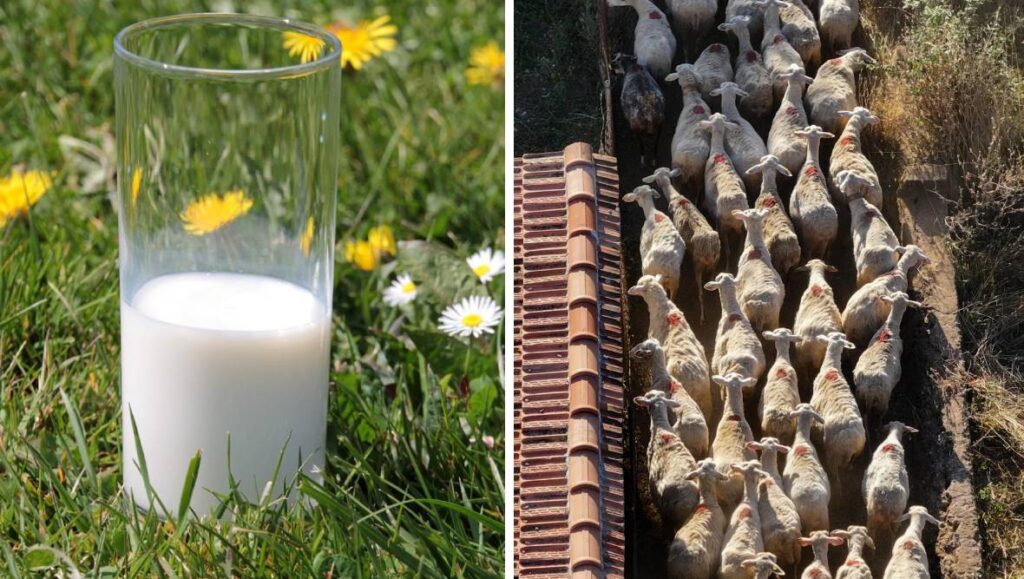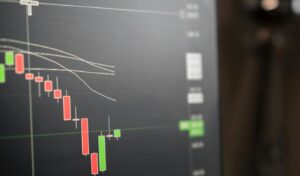Greek dairy companies and cheese producers are facing a serious crisis in milk supply, as mass culling of sheep and goats to combat foot-and-mouth disease creates a dramatic reduction in raw material availability. The situation has reached a critical point, with some regions recording milk supply decreases of up to 40%.
Read: Meat, milk and feta: Disease outbreak drives prices sky high
Major dairy companies in crisis crosshairs
The milk shortage, according to reports from Kathimerini newspaper, is not limited to small cheese-making units but directly affects at least three major dairy companies with a strong presence in feta production. These companies, based in Thessaly and Central Macedonia, had made significant investments and acquisitions in previous years to strengthen their position in the feta market. Feta is a strategic export product for Greece, with 2024 exports exceeding 788 million euros, marking a 6.73% increase compared to the previous year.
Devastating data from disease spread
From August 2024 to September 2025, approximately 328,000 animals have been culled due to foot-and-mouth disease. In August and September alone, relevant services confirmed 580 new outbreaks in sheep and goat farming operations.
The geographical distribution of new disease outbreaks presents a worrying picture:
- Thessaly: 233 outbreaks
- Central Macedonia: 134 outbreaks
- Eastern Macedonia and Thrace: 95 outbreaks
Dramatic decline in milk production
In Thessaly, according to ELGO Dimitra data, delivered quantities of conventional sheep milk decreased to 5,901 tons from 6,211 tons in August, recording a 5% drop. The situation worsened further in September and the following weeks. Industry executives note that despite initial estimates, milk stocks are being depleted rapidly, creating problems even outside the main lactation period.
Hopes in weather conditions and criticism of government policy
Industry expectations focus on temperature drops with winter’s arrival, which is expected to limit the spread of the zoonotic disease. Greece’s lactation period typically extends from December to March, making the livestock capital situation critical. The Association of Greek Dairy Product Industries strongly criticizes the government’s handling of the problem, emphasizing that biosecurity measures are insufficient. It demands immediate and realistic compensation for livestock farmers, not only for animal culling but also for the inability to purchase animal feed. The association emphasizes that violations of measures by farmers stem mainly from desperate survival attempts rather than a violating mentality.




